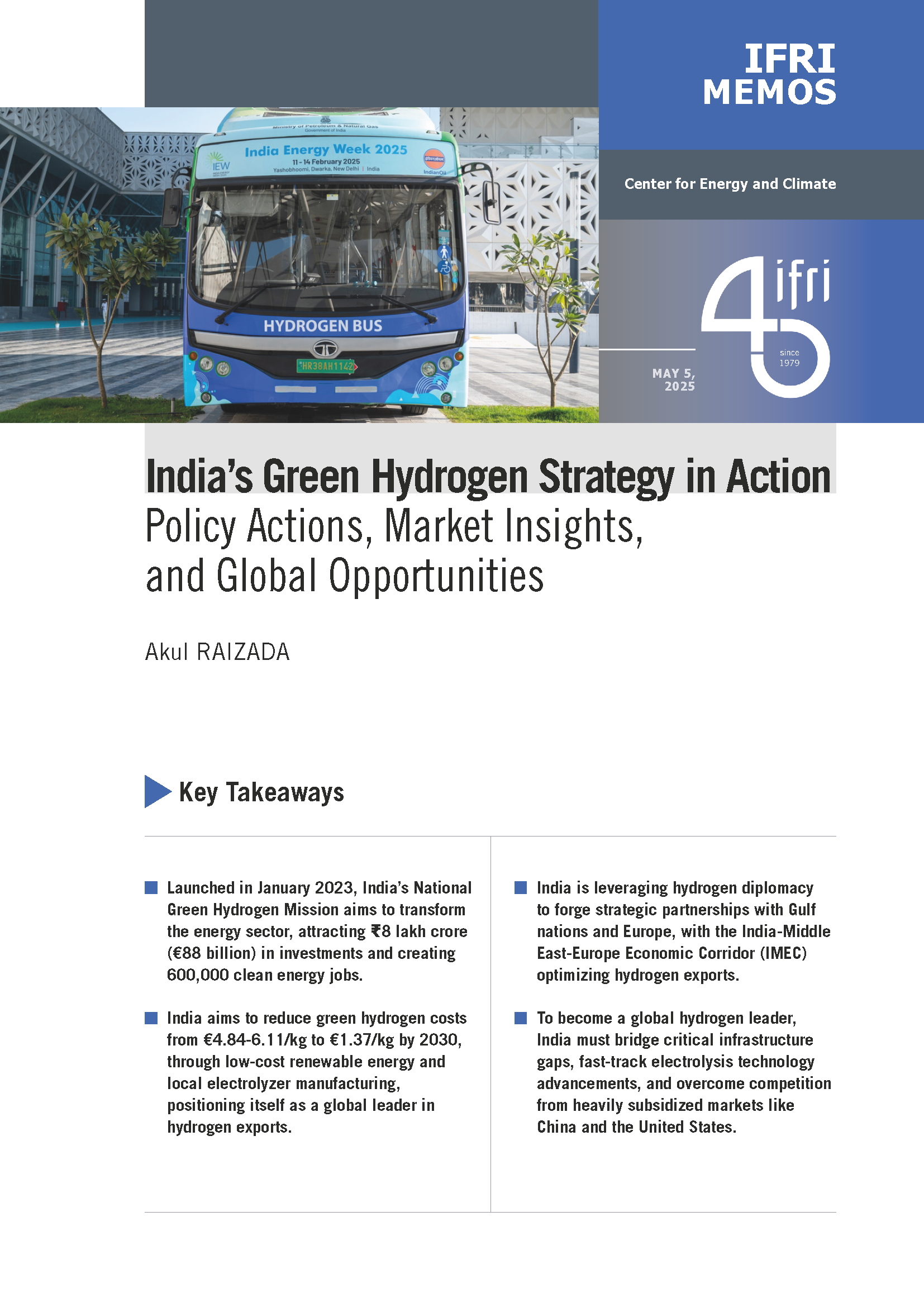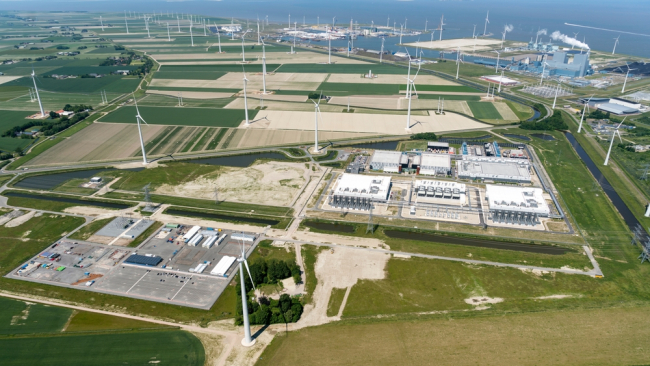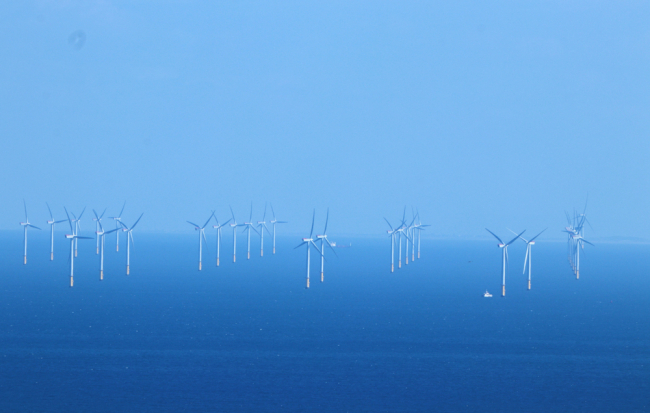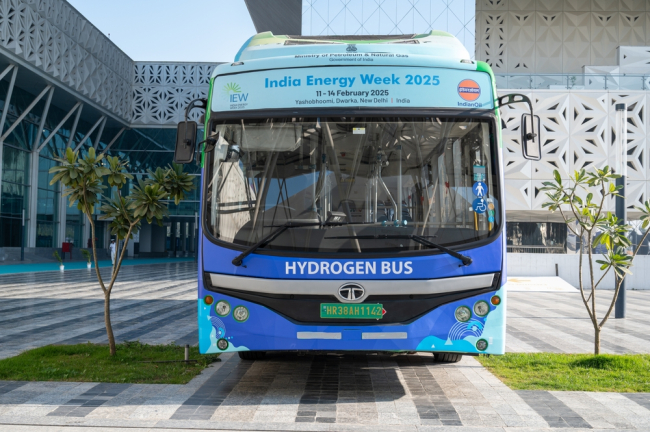Can carbon markets make a breakthrough at COP29?
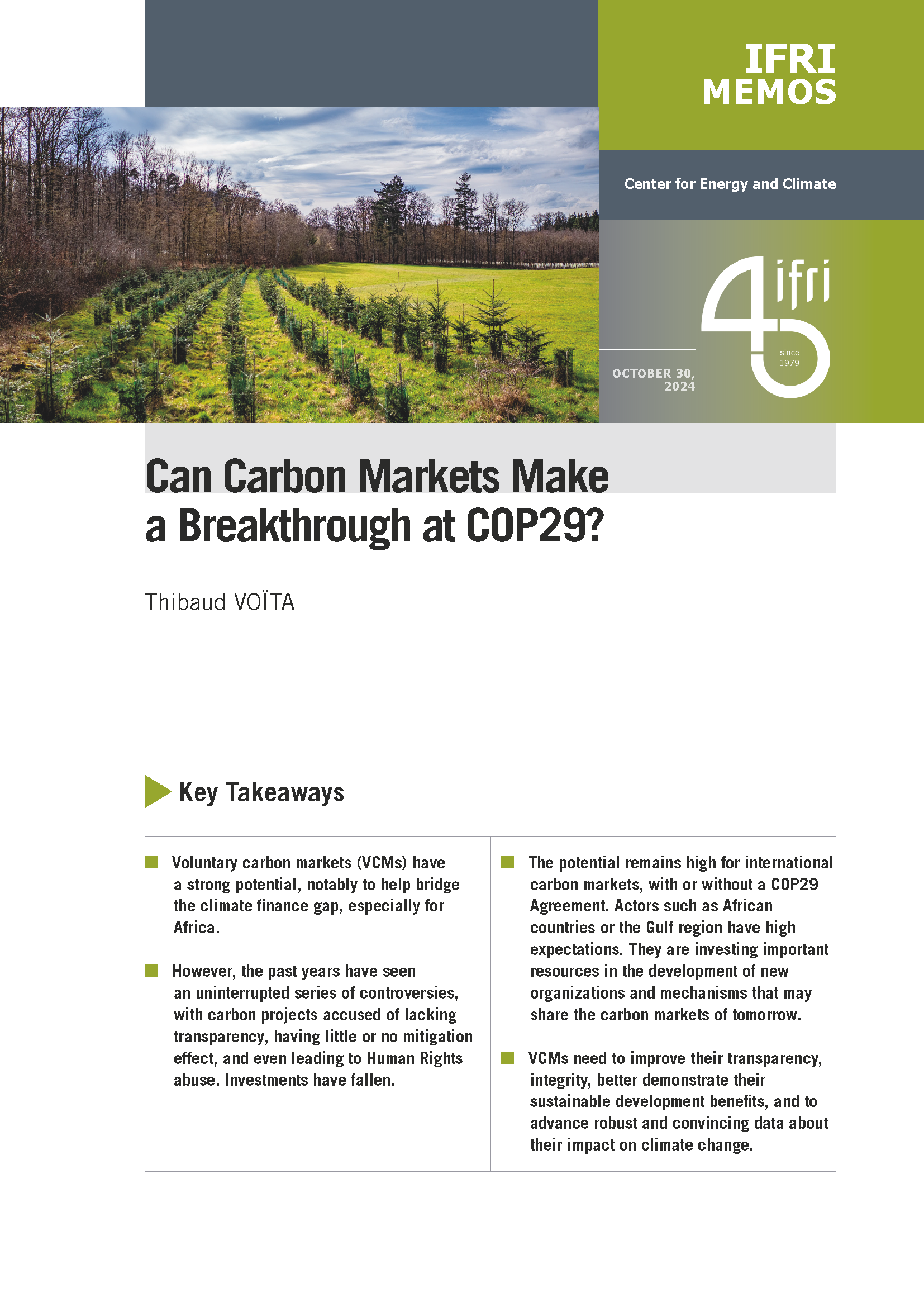
Voluntary carbon markets (VCMs) have a strong potential, notably to help bridge the climate finance gap, especially for Africa.

However, the past years have seen an uninterrupted series of controversies, with carbon projects accused of lacking transparency, having little or no mitigation effect, and even leading to Human Rights abuse. Investments have fallen.
The potential remains high for international carbon markets, with or without a COP 29 Agreement. Actors such as African countries or the Gulf region have high expectations. They are investing important resources in the development of new organizations and mechanisms that may share the carbon markets of tomorrow.
VCMs need to improve their transparency, integrity, better demonstrate their sustainable development benefits, and to advance robust and convincing data about their impact on climate change.

Available in:
Themes and regions
ISBN / ISSN
Share
Download the full analysis
This page contains only a summary of our work. If you would like to have access to all the information from our research on the subject, you can download the full version in PDF format.
Can carbon markets make a breakthrough at COP29?
Related centers and programs
Discover our other research centers and programsFind out more
Discover all our analysesThe Strategic Dimension of Power System Flexibility: Opportunities in Europe
The European Union has embarked on an energy transition aimed primarily at replacing fossil fuels by electrifying demand.
Energy Developments in the United Kingdom
The United Kingdom (UK) has traditionally been an example for its neighbours and the world in developing ambitious, innovative and effective energy policies.
India’s Green Hydrogen Strategy in Action: Policy Actions, Market Insights, and Global Opportunities
India is poised to remain the world’s fastest-growing major economy, and this rapid growth is driving a sharp rise in energy demand. As the most populous country on the planet, India urgently needs to decarbonize its energy systems.
Water in Mexico: an Emergency that Will Wait
Access to water is already and will become increasingly problematic for Mexican economic actors due to the progressive scarcity of the resource resulting from climate change, a geographical distribution that does not coincide with that of the population or economic activity, and management that has so far been far too lax.



